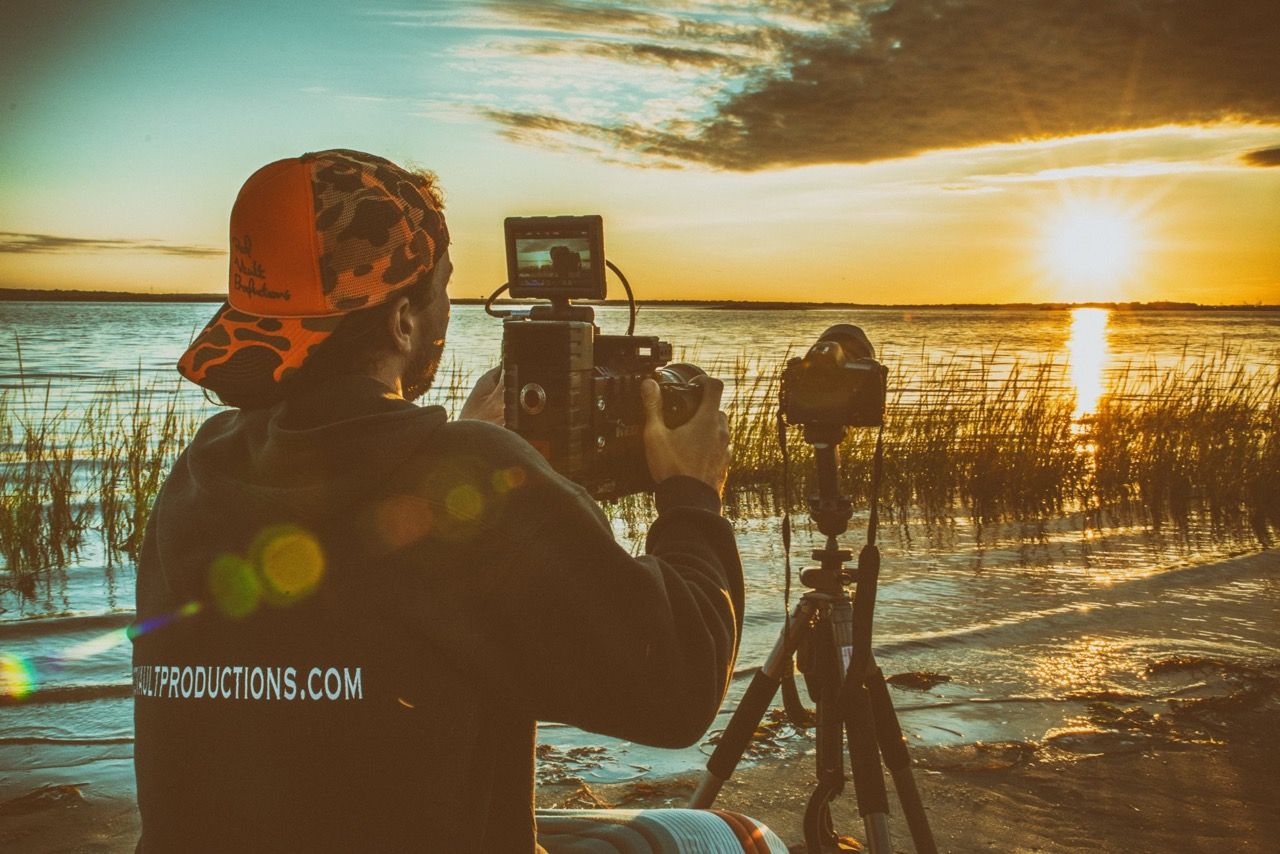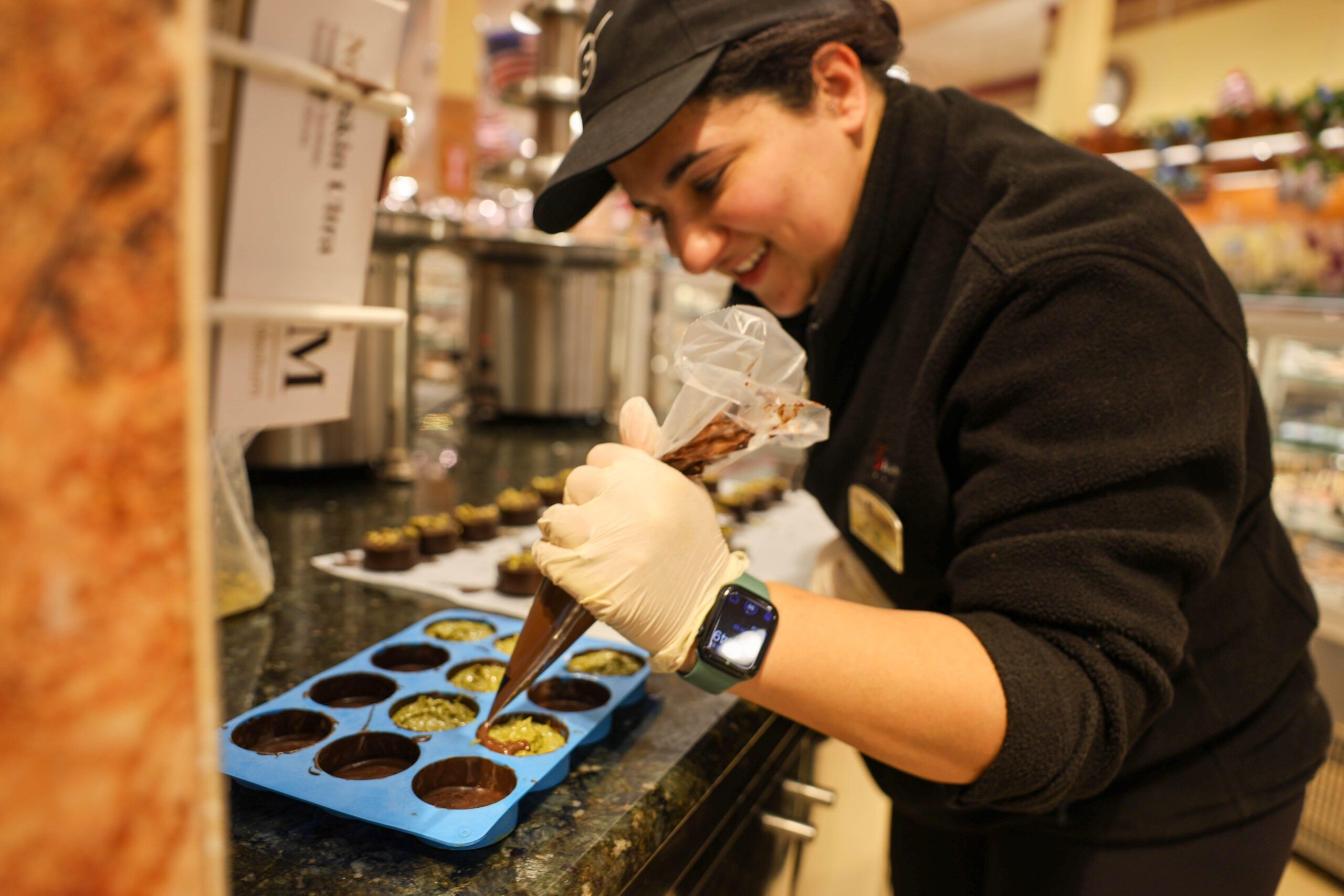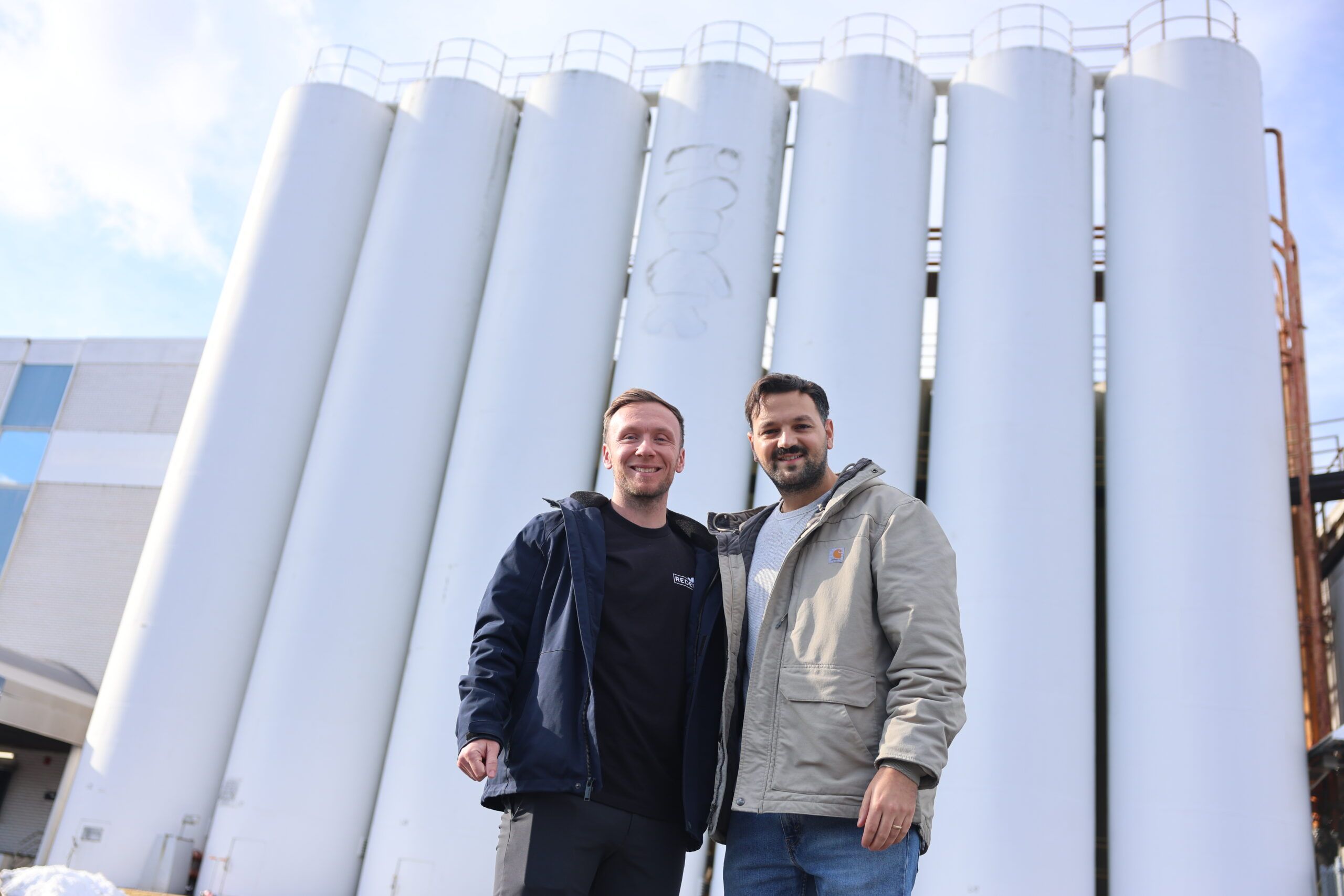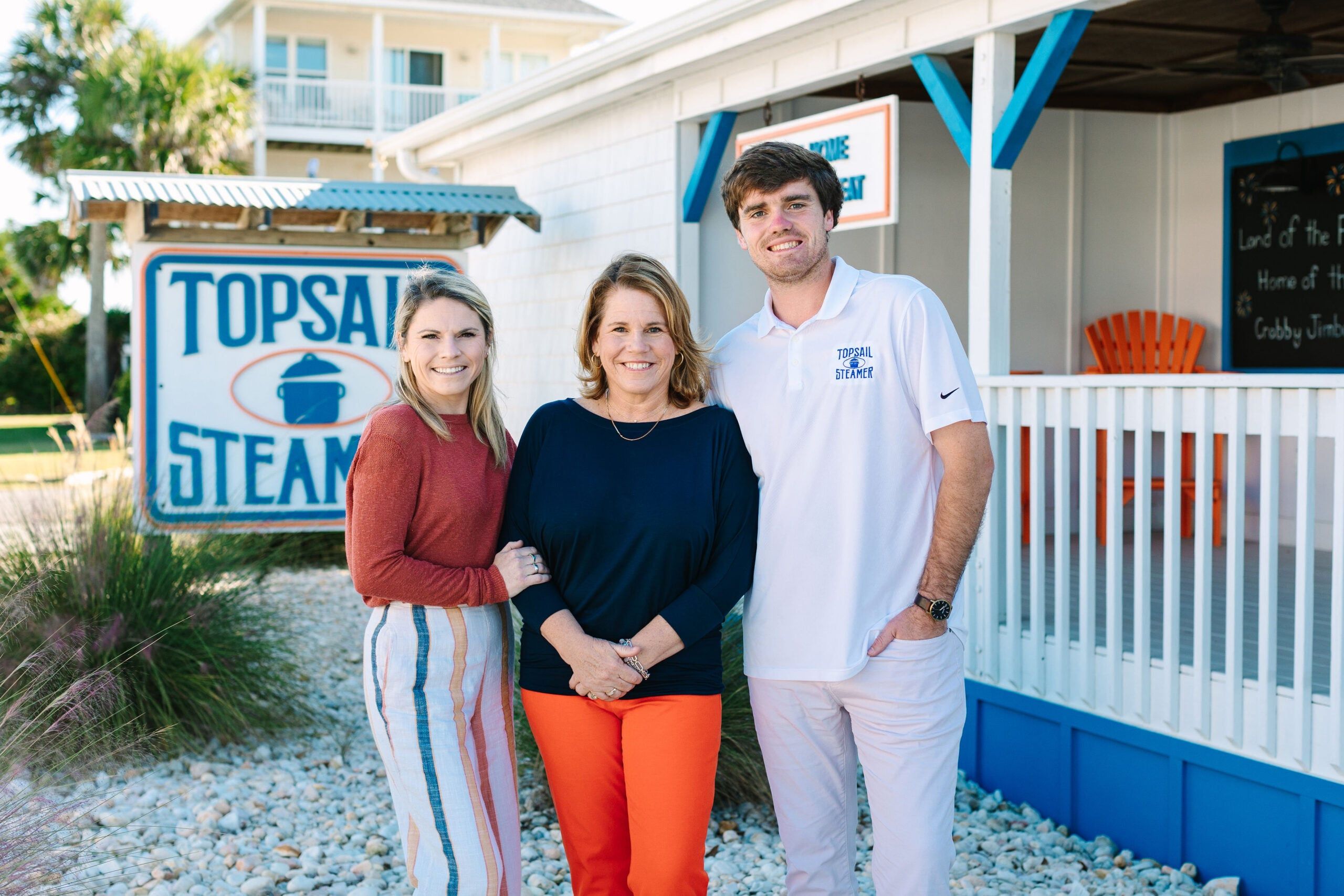
OUR SPONSOR
Greater Patchogue coverage is funded in part by New Village at Patchogue, open-concept rental residences with sleek contemporary design. Click here
for a tour.
Carl LoBue wanted to make movies.
And so he pitched his big idea to the head of The Nature Conservancy on Long Island, where he works.
“I said, Carl, you’re a scientist,” the group’s executive director, Nancy Kelley said, recounting that initial meeting two years back to a group of people in Islip Monday night.
But LoBue was persistent, she said.
“He said, ‘I want to make movies because I have an idea that can help us communicate [water quality issues] in a way that people are really able to understand and get pretty excited about.”
Fast forward two years, Kelley was speaking to a bunch of excited people on the grounds of the Seatuck Environmental Center’s Scully Estate wildlife refuge, where she delivered her remarks at a sneak preview event for those movies LoBue had envisioned.
Each four-minute film by Red Vault Productions — the Patchogue firm hired about 18 months ago for the task — features one person on Long Island who’s been affected by water quality issues and/or the collapse of the shellfishing industries.
CLICK HERE for all the videos
The subjects of the film were all on hand Monday night, along with their families.
They hail from all walks of life, from Montauk to Freeport, and each had a different story to tell about the island and its water bodies — and what needs to be done to make things right.
Those people include Mastic Beach Mayor Maura Spery, Brookhaven wildlife photographer Michael Busch of Great South Bay Images, and former bayman and Dowling College science professor George Remmer of Oakdale.
“When it comes to the water issue we’re having on Long Island, it’s affecting real people and it’s affecting our economy, and our real estate values, and what we like to do — the reason people choose to live on Long Island despite the taxes and all the traffic,” LoBue said before the event.
The problem he’s been having, he said, was being a scientist. And, with that, the challenge of making non-scientists understand — and care about — what he and others in the field believe to be the main culprit behind the red tides, brown tides and decimated shellfish populations: nitrogen.
The stuff flows from roads, fertilizers and human waste dumped into septic systems; it feeds the harmful algal blooms that disrupt the entire food chain in the ecosystem and, ultimately, kill plant and animal life.
“But scientists are really just terrible at explaining things like that to people,” LoBue said.
So he hooked up with Stefan Beaumont of Red Vault.
Beaumont wasn’t just a cinematographer and the founder of Red Vault; his family has lived for the past five generations on Long Island, that entire time on the water in Hampton Bays.
“It became a labor of love, because I’m a local, and I was born and raised with my two feet in the water at any given point,” he said. “I was getting paid to do this work, but that’s not what drove me. What drove me were the issues we’re facing, and it’s my generation that’s going to have to do with it.
“And this is the easiest way to connect with my generation.”
Each 4-minute video was shot over three or four eight-hour days, he said. And, unlike with more traditional documentaries, these 11 mini documentaries are each entirely focused on the perspective of one person through a stream of consciousness-style — all backed by beautiful local visuals.
Already versed in water quality issues, Beaumont said he still had so much to learn from his subjects during that time spent together.
He and Busch, for one, hit it off right away.
Busch, who has huge Instagram and Facebook followings, got deeply into wildlife photography after documenting the breach that was ripped open by Superstorm Sandy at Fire Island’s Old Inlet
The Bellport Village native has since spent countless hours on the bay and the shorelines taking photos.
“We live in a great spot,” Busch said in an interview. “Despite all the problems, the bay is alive.”
He and the rest of the team think that Busch showcasing Long Island’s waterways in all their glory greatly contributes to the cause of working to protect the water.
Busch’s main focus in the 4-minute film is about the breach, and how he and others, including many local scientists, believe it should be left alone for nature to take it’s course.
“There were times this summer on the way to Davis Park, it looked like I was in the Keys,” he says in the video. “You can see every patch of seaweed across the flats. Tremendous improvements.”
But he also touches on the nitrogen problems plaguing the bays.
“I never considered where it went” when flushing a toilet, he says. “But now I do, and I think a lot of other people do as well. We realize that if we want to have a really nice, green lawn with all this fancy fertilizer, there’s a price to pay, and we all pay it.
“I think if we all work together and realize this is every important, solutions will come.”
Otherwise, he adds, “we’re going to lose our way of life here.”
In her remarks Monday evening before the crowd dispersed into separate rooms in the mansion to view the films, Kelley took a few seconds to recognize the films’ subjects.
“No one tonight is more important than our stars,” she said. “You are really the heroes of what we are trying to do here. Through your words, through the power of personal narrative, combined with the amazing imagery that our Long Island affords us through skilled artists, we are able to tell some amazing stories.”
The hope, LoBue said, is that the films can spark a conversation akin to a family intervention.
And maybe then people might work toward making changes that will stem the flow of nitrogen to the water.
“When we started to put this together I thought, oh my God this is going to end up being a love story to Long Island,” he said. “What it really is, is an intervention. And part of that is a love story, as most interventions are. It’s basically, ‘We love you but you have to change.
“Because the path you’re on is simply unsustainable.”





























